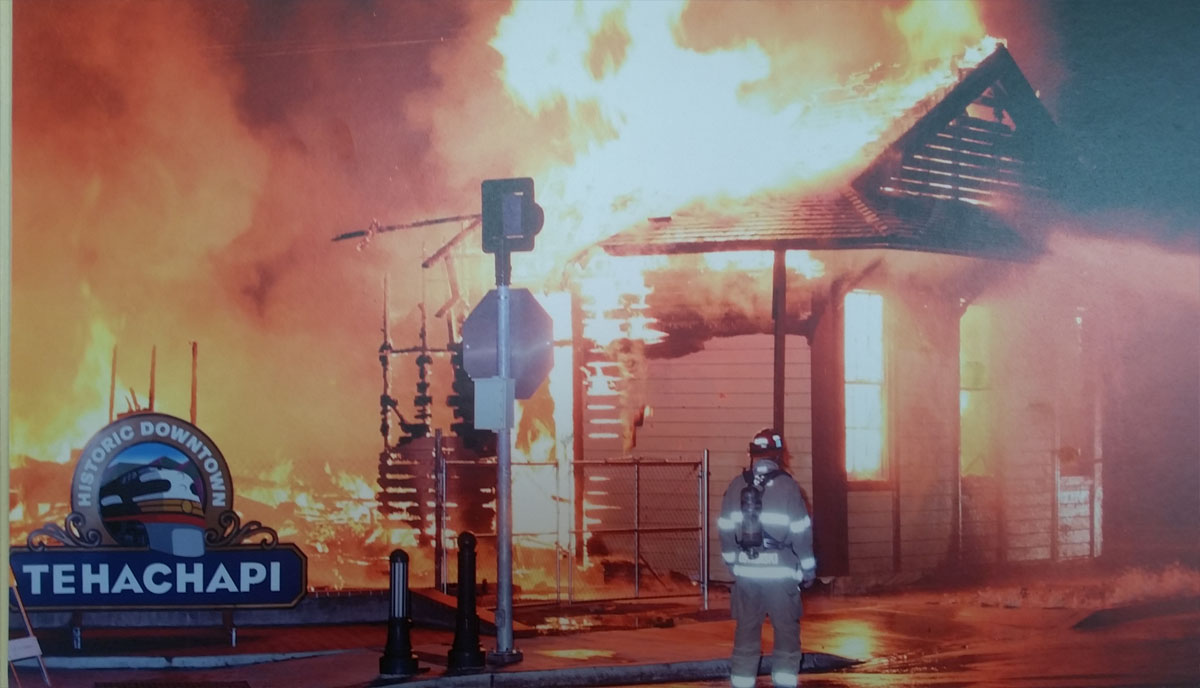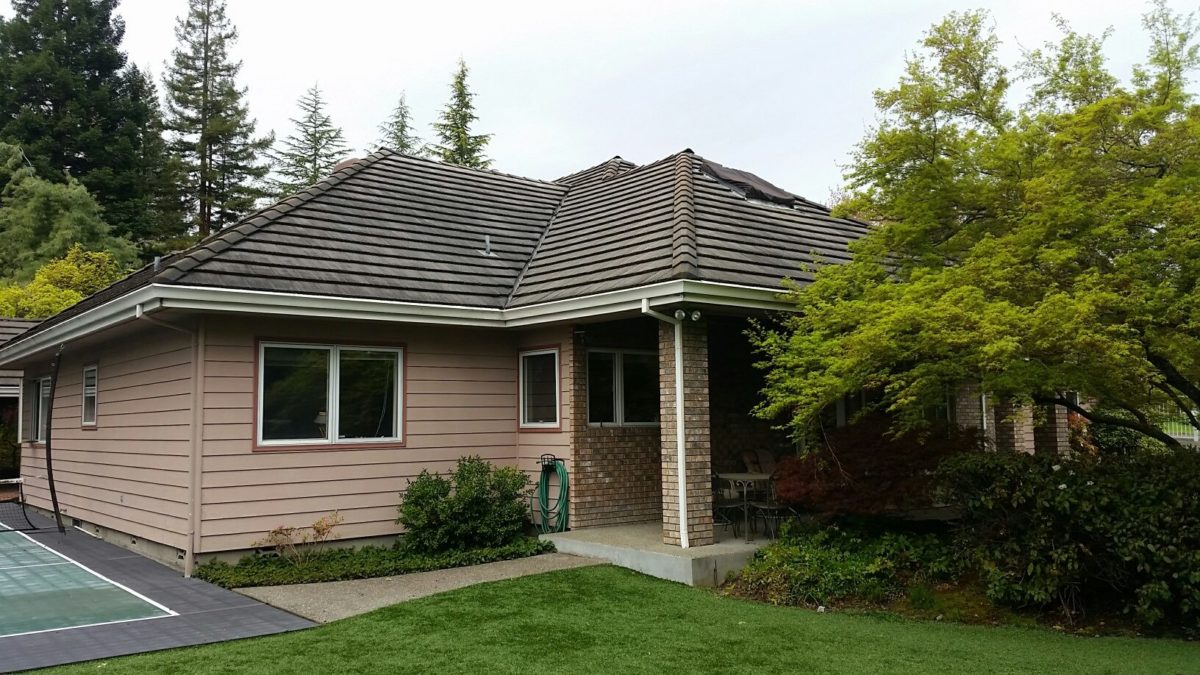Even in our least burned out specialty, more than a quarter of the physicians polled felt they were burned out. What a sad state we are in. I would have thought the toughest specialties would have a high rate of burnout, and the less taxing specialties would be fine. That is not the case. There is no specialty immune from the worry of burnout.
When asked what contributed the most to their feelings of burnout, the top three answers were bureaucratic tasks, high work hours, and EHRs. The interesting thing here was that debt is nowhere on the list. I hear many doctors talking about the effects of debt on their job, their life, and their feelings of burnout. Since debt is absent from this list, and nowhere in the study, it makes me wonder if the question was left out of the study, and if so, why?
It’s not surprising to see the fact that the more hours we work each week, the higher our burnout rate becomes. But even emergency medicine doctors, the ones with the fewest hours worked per week in the survey, still had a 36% burnout rate.
I find it interesting that they did not have half time workers in this poll. The category with the fewest hours of work, 31-40 hours, is what most of America considers a full time job. The other four categories took us up to 71-80 hours a week in increments of 10 hours a week. Why are we expected to work so much longer than the rest of the country?
When it came to who was most likely to work long hours, defined as 51 hours a week or more, General Surgeons topped the list at 77% and Emergency Medicine was the least worked specialty at only 13% exceeding this threshold.
The worst place to work was for a Healthcare Organization which topped out at a 49% chance of burnout. The working environment with the least burnout was Office-based solo practice. With this in mind, it seems funny that so many new doctors are looking to get a salary from a big Healthcare Organization (highest burnout rate) and are turning away from Private Practice (lowest burnout rate).
When it comes to staving off burnout, exercise was the activity of choice for most doctors at 48%. Turning to a drug for relief was used by 29% of those surveyed. Getting out of debt, which was a huge stress relief for me and many of my coaching clients, didn’t make the list as a way to help avoid burnout.
I was really surprised to see that 15% of us have considered suicide. Dr. Pam Wible has been pushing physician suicide awareness for a few years now and the notion is starting to take hold. But I would have never thought that 1 in 7 of my colleagues had thought about suicide. This should be a big eye opener and stimulus for change.
The stigma applied to doctors seeking help for mental issues, like suicidal thoughts, needs to stop. Currently, if it gets out that a doctor sought psychiatric help, their license to practice medicine is in jeopardy. Why is it that HIPPA rules of confidentiality do not extend to doctors? I think that “Suck it up and get back to work,” is not the right approach for mental health issues in physicians. But that is how we treat it.
If a child is killed at school, the entire school goes home and they bring in counselors for anyone who needs to talk about it. If a trauma team works feverishly for 30 minutes to save a life and the patient dies, we don’t even get an hour to pull ourselves together. We all have to “Suck it up,” and take care of the other patients in the hospital.
I once had a particularly stressful trauma patient die on the operating table. The stress of that case affected me so much that I cancelled the rest of my day. I told my patient, the one I had bumped to get the trauma patient into the OR STAT, why I didn’t feel up to doing their elective operation that day. They were in total agreement. They didn’t want me to start their operation while I was feeling traumatized. I needed time to decompress and let my adrenalin drop back to normal. Many doctors would have been reprimanded for cancelling the case.
Because of the stigma associated with seeking help, 19% of those surveyed have either thought about or found “secret” mental health care. We do not want anyone we know to find out we can’t “cut it.” If someone finds out, it could mean trouble.
Ten percent of this survey group felt that they are ready to quit medicine due to burnout. What would happen to healthcare in America if a tenth of us quit tomorrow? The news channels were up in arms about how the TSA was crippling the airlines when 10% of the workers didn’t show up for work during the government shutdown. Imagine the effect of 10% of all doctors completely quitting their practice.
I think we all know that burnout has become a major problem in medicine today. This study reveals how bad doctor burnout has become. The results were worse than I thought. What a travesty that one of the greatest professions in the world is having this issue.
What can we do to fix it? I don’t have the answer. But getting out of debt, which seemed to be missing from this survey, can play a big part in the solution. When I paid off my last debt, I had such a great relief. I didn’t know how much the debt weighed on me until it was gone. Now I can’t imagine going back to a debt lifestyle.
Becoming debt free opens up more options. We can work fewer hours. Hire a scribe to help with the EHR. Take more vacation time. Stop doing the things that stress us. Many of the things listed as stressors in this study could be improved if the need to produce was lessoned by not having debt.
If a doctor has $6,000 of debt payments to make each month, they will have to produce $10,000 of gross income just to cover their debt, before they even start on their current living expenses. That is a big burden to carry. Many physicians’ monthly debt payments are even larger than $6,000 per month.
If debt is a burden to you, get a copy of my book The Doctors Guide to Eliminating Debt and remove at least that stress from your life. When we stop managing our debt and start eliminating it, many options open up.
If you are a resident getting ready to start your first job, don’t make the move until you read The Doctors Guide to Starting Your Practice/Career Right. This book includes many tips to help you get off on the right foot and cut down your chances of burnout.
If burnout has you ready to leave clinical medicine, get a copy of The Doctors Guide to Smart Career Alternative and Retirement and move into a less stressful situation, one that will lessen the risk of burnout and suicide. There are many options for those with a doctorate besides seeing patients.
Most of all, if you are feeling suicidal, please talk to someone. Just the act of talking about your problems may save your life. Nothing is so bad that suicide should be your only option. Seek help. Don’t let it build up inside. A good doctor is a terrible thing to waste.
,





